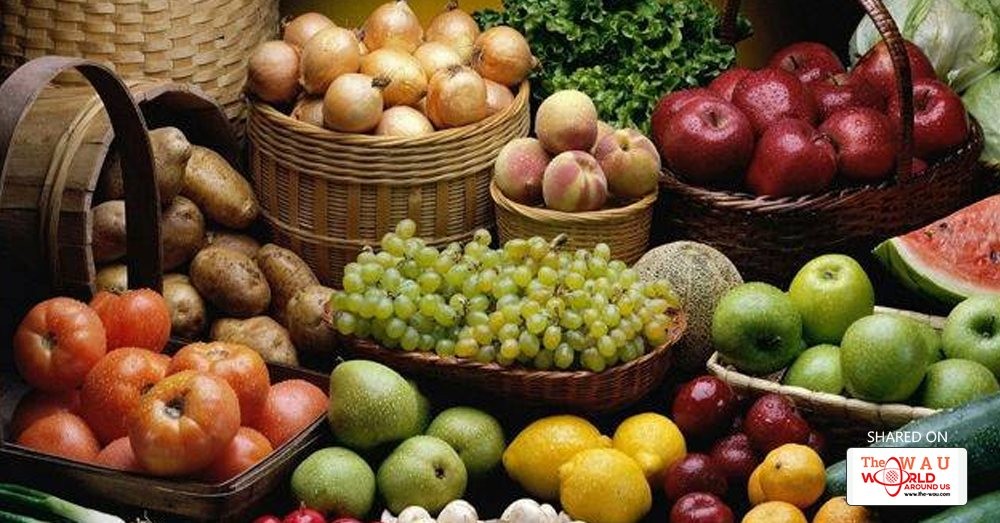Turns out, staying sharp as you age may be as easy as eating healthy and so, a team of researchers has come up with the first science-based cookbook for the brain food guide 'Mindfull.' Baycrest scientists have led the development of the first Canadian Brain Health Food Guide to help adults over 50 preserve their thinking and memory skills as they age.
" There is increasing evidence in scientific literature that healthy eating is associated with retention of cognitive function , but there is also a lot of misinformation out there," said co-author Dr Carol Greenwood.
There is not a lot of evidence about individual foods, but rather classes of foods, said Greenwood. Older adults are encouraged to eat berries or cruciferous vegetables, such as cauliflower, cabbage and Brussels sprouts, rather than a specific type of berry or vegetable.
The easy-to-read food guide, co-authored with Dr. Matthew Parrott, a former RRI post-doctoral fellow, in collaboration with nutritionists involved with the Canadian Consortium on Neurodegeneration in Aging (CCNA), provides the best advice based on current evidence.
Research has found that dietary patterns similar to those outlined in the Brain Health Food Guide are associated with decreasing the risk of developing Alzheimer's disease by 36 per cent and mild cognitive impairment (a condition likely to develop into Alzheimer's) by 27 per cent. Some tips suggested by the Brain Health Food Guide include - focus on an overall pattern of healthy eating, not one specific "superfood" for brain health. Eat fish, beans and nuts several times a week; include healthy fats from olive oil, nuts and fish in one's diet; add beans or legumes to soups, stews and stir-fried foods; and embrace balance, moderation and variety.
Share This Post















